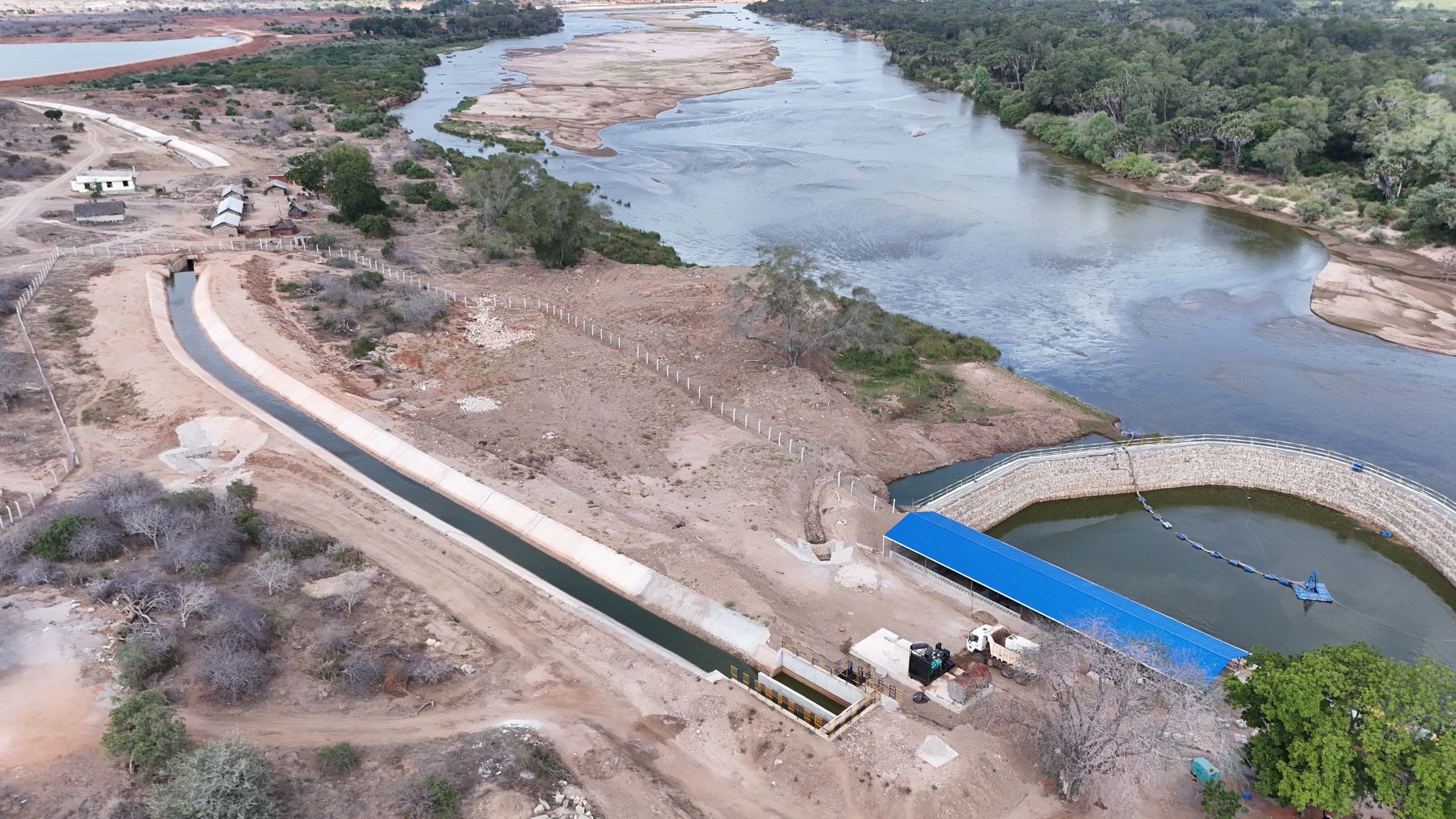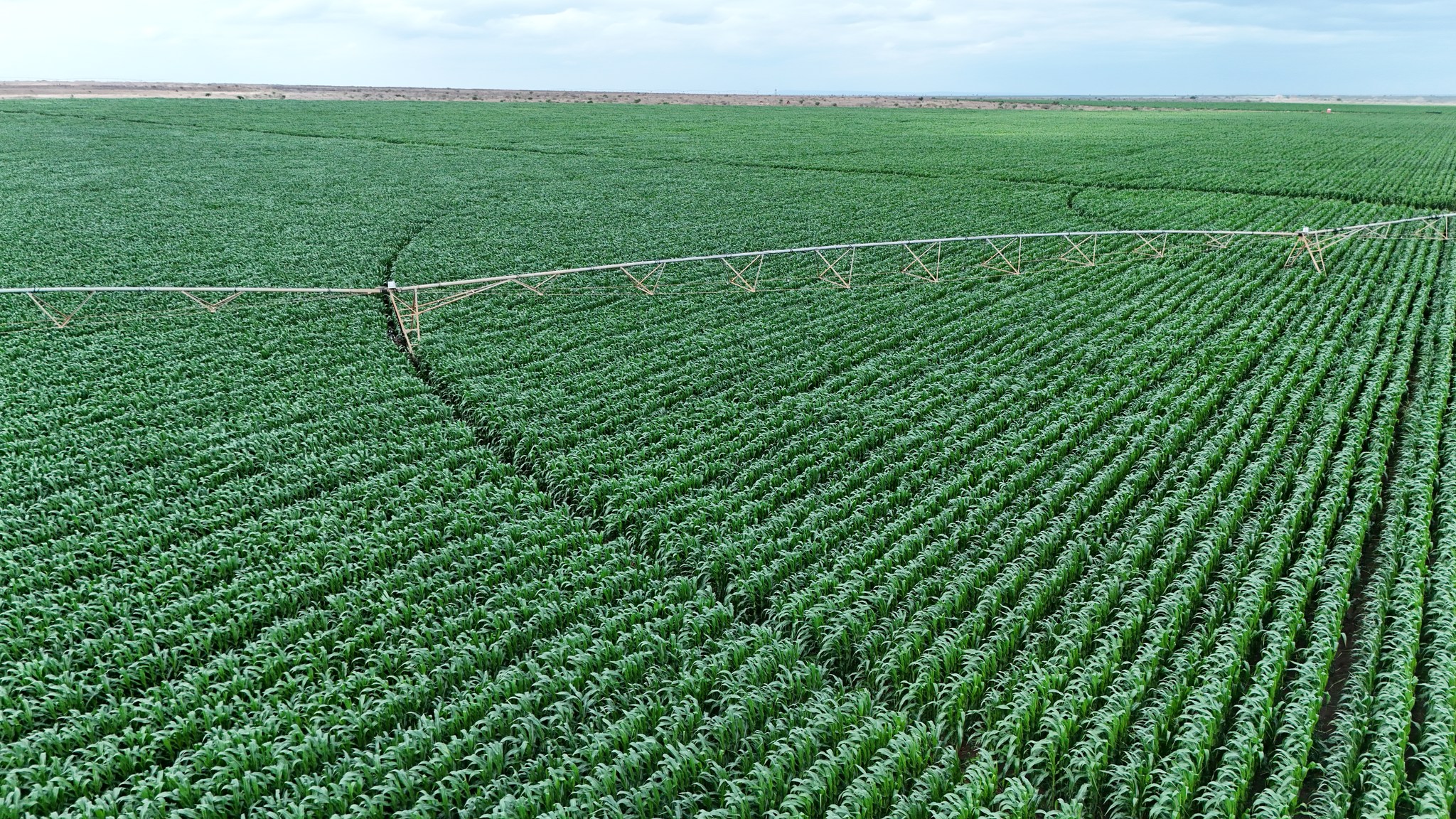Kenya's ambitious Galana-Kulalu Food Security Project has reached a critical milestone with the installation of a 14-pump irrigation system, transforming the once-arid landscape into a thriving agricultural hub.
Located in Kilifi and Tana River counties, the project is rapidly becoming a cornerstone of the country's food security strategy under President William Ruto's Bottom-Up Economic Transformation Agenda (BETA).
"We are on course to making Kenya food secure. The transformative Galana-Kulalu Food Security Project is one of our many initiatives that will scale up our production," President Ruto declared.
The project, reinvigorated by a presidential directive in January 2023, has gained momentum through a Public-Private Partnership (PPP) framework.
According to Dr. Raymond Omollo, Principal Secretary for the State Department of Internal Security and National Administration, the government's renewed commitment has unlocked the long-stalled potential of the coastal region, historically underutilized for large-scale farming.

The initiative is structured into three key phases: developing 20,000 acres for immediate food production, constructing a 300 million cubic meter Galana Dam with an extensive canal network, and progressively opening up 200,000 acres within the Galana-Kulalu ranch for irrigation-based farming.
Substantial government investments have already delivered critical infrastructure, including intake works on the Galana River, a gravity-fed canal system, reservoirs, and high-capacity pump stations.
Water now flows through engineered gabion walls into storage basins before being pumped directly to the fields.
Seven pumps are operational, with seven more under installation to expand irrigation coverage, turning previously barren land into year-round productive farmland.
The project is expected to yield hundreds of thousands of bags of maize annually, reducing Kenya's maize imports by 40% and positioning the country as a future net exporter of food and animal feed.
The first plantation phase, launched in June 2025, focuses on seed maize production, a crucial step in developing high-quality seeds for nationwide distribution.
Beyond agricultural output, the project is stimulating local employment, creating hundreds of jobs with more expected as agro-processing and support services expand.
Furthermore, the Galana-Kulalu Bridge, now 61% complete, will enhance accessibility upon completion, streamlining the transport of farm inputs and produce.
With its integrated approach to irrigation, food production, and infrastructure, the Galana-Kulalu project serves as a testament to Kenya's commitment to achieving long-term food security and sustainable agriculture.

